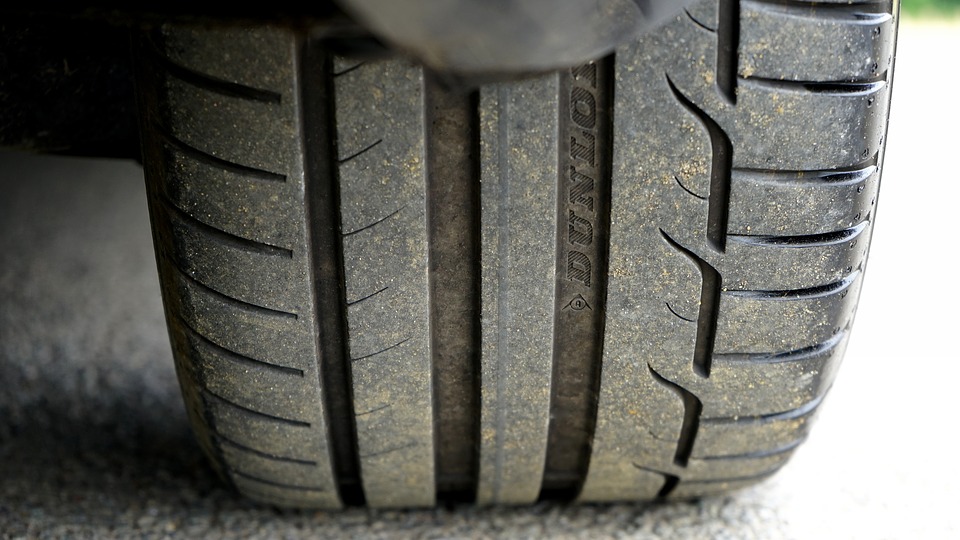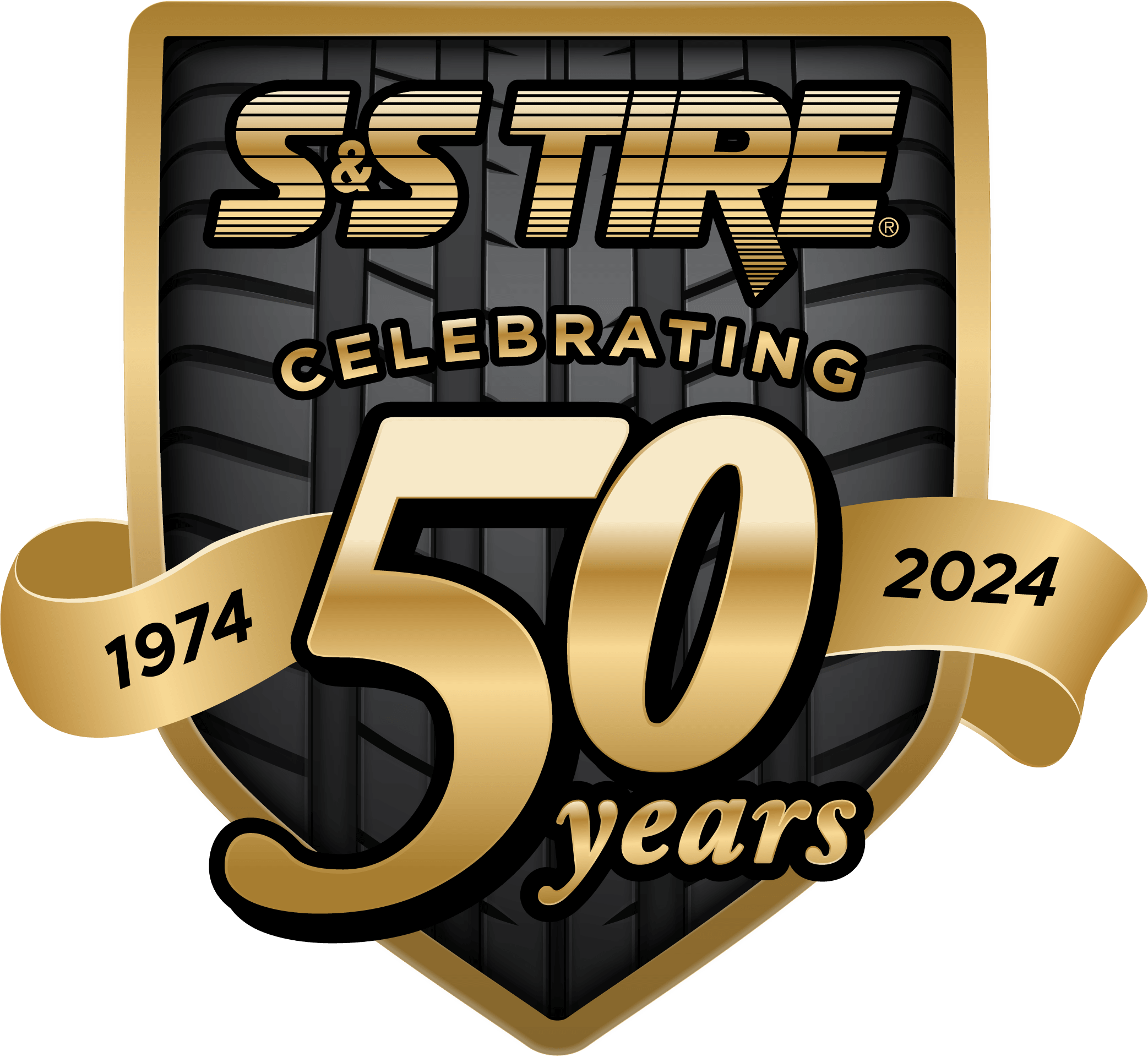The amount of noise you experience while driving can depend on a wide range of factors, from the condition of the road pavement to the construction of the vehicle and its components. In fact, a great deal of engineering and technology goes into vehicle design to specifically promote a smooth and quiet ride. This includes the development of tire technology.

While we can expect to experience some degree of noise when we are driving, we may on occasion hear something that doesn’t sound quite right. It is important to pay attention to tire noise that seems unusual or unfamiliar, as that noise may be a sign of trouble with your vehicle.
How much or what type of tire noise is normal? That is going to depend on the type of tires you have. For example, it is common for low-profile tires to create more noise since they have a lower amount of sidewall rubber. Also, the wider a tire is, the more noise it tends to generate, simply due to there being more in contact with the road.
Tire Noise That Sounds Like Trouble
Hearing tire noise that doesn’t sound like what you normally hear on the road could be an indication that something is off. Alignment problems, suspension issues, or improper tire inflation can all cause strange or unusual tire noise that sounds a bit like thumping or bumping.
Misaligned or underinflated tires might sound like squealing or screeching. Keep in mind that squealing that occurs when you stop might also be an indication of brake problems.
Tire humming can be another sign of tire trouble. Humming may happen if tread wear is not even, or if there are problems with the wheel bearings.
If you have been noticing tire noise that seems out of the ordinary, don’t ignore it. Taking just a little time out of your busy schedule to have your tires and vehicle inspected by a qualified auto pro could save you a lot of time, trouble, and expense.
